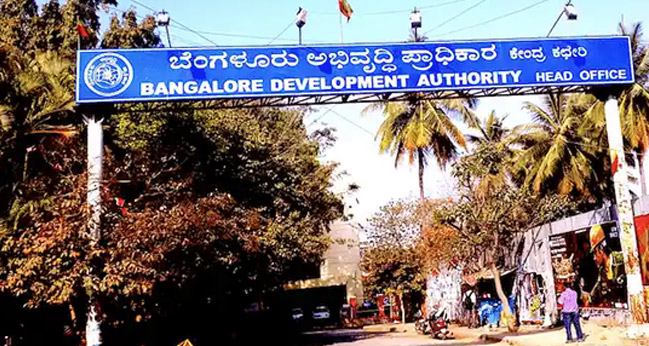Gift Deed Is Invalid Without Registration
A gift deed or deed of gift is a deed that is executed and delivered in which the donor transfers title to the donee without any payment or considerations. A gift deed that has not been registered does not pass any title of ownership of the property in favour of the donee. The person who transfers the property is called “Donor” and the person to whom the property is being transferred is called “Donee”. A transaction of a gift will be complete, only if the donee accepts the gift during the lifetime of the donor. A gift deed is made voluntarily and without consideration. Any person who is the legal owner of a property can make a gift of his property.
Conditions for Valid Gift Deed
 |
 |
There are some conditions to be met to make a gift of property valid as specified by the Transfer of Property Act. Any person who is the legal owner of a property can make a gift of his property but a gift by a minor is void. Following are some points that need to be considered while drafting a gift deed to make a valid gift of property.
- Register Gift Deed: According to section 123 of The Transfer of Property Act, it is invalid if a gift of a property is not registered. All the required documents should be stamped and registered. It should be attested by two witnesses. A gift of property is invalid without a registration done.
- Donee has to accepts the gift: The Person to whom the property is being transferred (Donee) must accept the property during the lifetime of the donor. A transaction of gift will be complete, only if the donee accepts the gift during the lifetime of the donor. If the donee dies before accepting the gift, the gift becomes void.
- Gift Deed to Minor: A minor cannot be a donor, and a gift by a minor will be void. If the property is gifted to a minor, on behalf of a minor, a natural guardian can accept a gift containing a condition that the person nominated in the gift deed will act as a manager of the gifted property. While a minor may be a donee, if the gift is onerous, the obligation cannot be enforced against him while he is a minor. But later, he must either accept the burden or return the gift.
- No Consideration: Love, affection, spiritual benefit and many other factors may enter in the intention of the donor to make a gift but if there is any consideration in any shape, there is no gift. The gift of property must be absolute and unconditional except when made for a specific purpose.
Invalid Gift of Property
A gift deed or deed of gift is invalid or void if it is not registered or executed. Other conditions that make a gift deed invalid or void are the following.
- The deed is executed and delivered by a minor.
- The deed is not signed by the donor, donee or attested by witnesses.
- The donee fails to accept the gift during the lifetime of the donor.
- A conditional gift and the condition is not fulfilled.
- The donee dies before acceptance in which case the gift is void.
- The property is transferred or gifted for consideration.
- A gift of a thing to two or more donees, of whom one does not accept it, is void as to the interest which he would have taken had he accepted.
 |
 |
Steps Involved in Transfer of Property in a Gift Deed
- Execution of the gift deed
- Donee’s acceptance of the gift (acceptance can be expressed or implied)
- Payment of adequate stamp duty and registration of the property
- Handing over of possession of the property
- Mutation of the property in the municipal records by donee in his name, if required.
Revoking a gift
Section 126 of the Transfer of Property Act provides that a gift may be revoked if the donor and donee may agree that on the happening of any specified event which does not depend on the will of the donor, a gift shall be suspended or revoked. Such an event must not depend on the donor’s will. The condition should not be illegal or against the estate created under the gift. A gift which was not based on fraud, undue influence, misrepresentation or an onerous one, cannot be cancelled unilaterally.
Complete absence of monetary consideration is an important prerequisite. The transfer of property must be voluntary and made gratuitously. It must also satisfactorily appear that the donor knew what he was doing and have understood the contents of the instrument and its effect. The gift must be an existing property. It cannot be a future property. Any person who is the legal owner of a property can make a gift of his property. If the property is gifted to a minor, a natural guardian can accept the gift containing a condition that the person nominated in the gift deed will act as a manager of the gifted property.
Disclaimer: The article contains data collected from various sources and the use of same is at readers discretion.
deed or deed of gift is a deed that is executed and delivered in which the donor transfers title to the donee without any payment or considerations. A gift deed that has not been registered does not pass any title of ownership of the property in favour of the donee. The person who transfers the property is called “Donor” and the person to whom the property is being transferred is called “Donee”. A transaction of gift will be complete, only if the donee accepts the gift during the lifetime of the donor. A gift deed is made voluntarily and without consideration. Any person who is the legal owner of a property can make a gift of his property.







